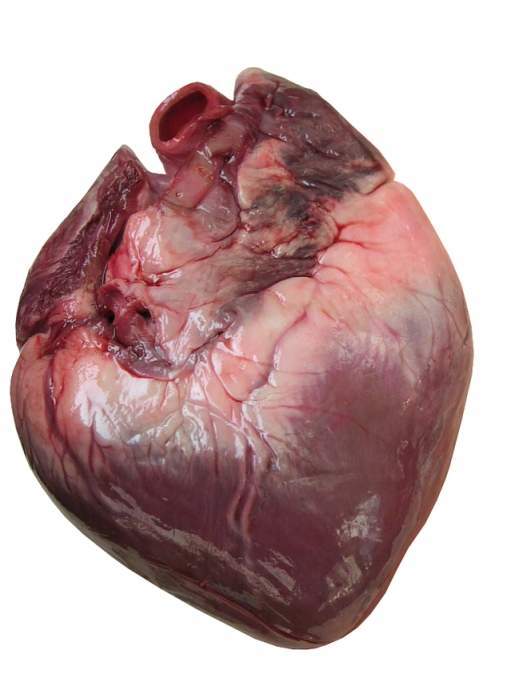
BioCardia, which is developing regenerative biologic therapies to treat cardiovascular disease, has highlighted this study as an example of personalized medicine with promising results from the first 10 patients in the roll-in cohort.
Results from the study are considered to be the first outcomes data from any pivotal trial of a stem cell therapy for heart failure.
The investigational CardiAMP therapy used the patient’s own (autologous) bone marrow cells to potentially stimulate the body’s natural healing response through a minimally-invasive, catheter-based procedure.
The article which was authored by Peter Johnston, Eric Duckers, Amish Raval, Thomas Cook and Carl Pepine and entitled, ‘Not All Stem Cells Are Created Equal: The Case for Prospective Assessment of Stem Cell Potency in the CardiAMP Heart Failure Trial’, the authors said: “Using a ‘personalized’ medicine approach (i.e. tailoring treatment to patient characteristics to optimize benefit), we propose to optimize cardiac cell therapy efficacy by prospectively selecting patients most likely to benefit using a cell potency assay to assess inherent regenerative capacity.”
The study claims that the pivotal CardiAMP-HF Trial is the first to incorporate cell potency analysis and score in the screening criteria.
During the screening, a bone marrow aspiration was drawn to measure surface marker expression and functional cell properties to identify likely responders and they were randomized and scheduled for the treatment.
In the paper, results from the first 10 patients were reported in the open-label Roll-In Phase of the CardiAMP-HF Trial treated with the therapy.
Patients showed improvements in Six Minute Walk Distance (+47.8m ± 19.6, 20.5% relative improvement; p=0.01), improvements in New York Heart Association Heart Failure Class (40% of patients improving one class, p=0.037), and a positive trend in MLHFQ Score (-10.2 ± 7.9, 31% relative improvement, p=0.21) at six months when compared to their baseline values.
It is claimed that the impact of the therapy is greater than those seen the trial’s predecessor, the the double blind, Phase II Transendocardial Autologous Cell Therapy in Heart Failure Trial.
The authors concluded that to deliver a regenerative therapy will require the development of new strategies which will use the knowledge gained in prior trails to prospectively identify patients who are likely to respond to the therapy to optimize therapeutic potency through evidence-based cell characterization, preparation and delivery.
CardiAMP-HF is a first step in this direction. Trials that offer more specific, patient-centered and ‘personalised’ approaches to regenerative medicine could help in developing effective therapies needed to address CHF (congestive heart failure) and other conditions.




